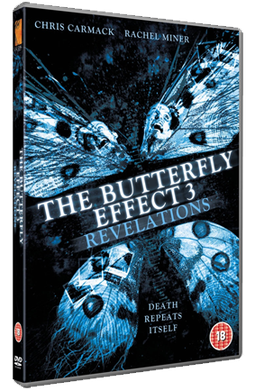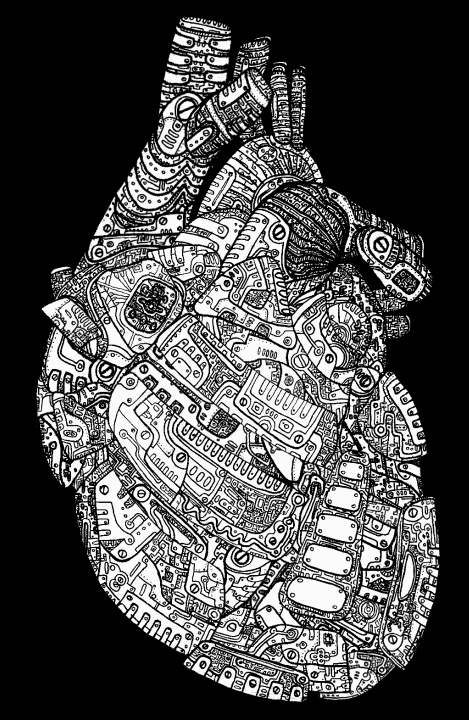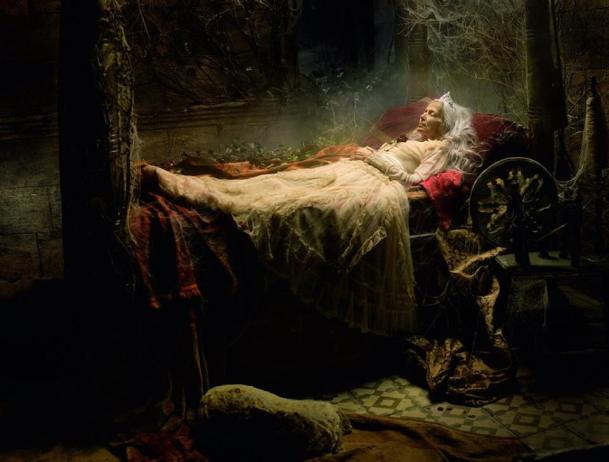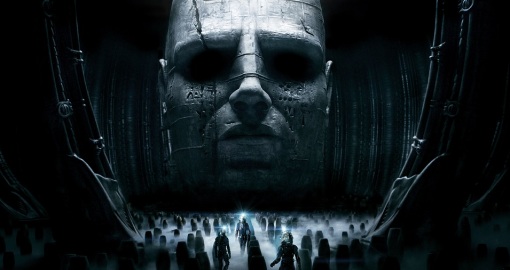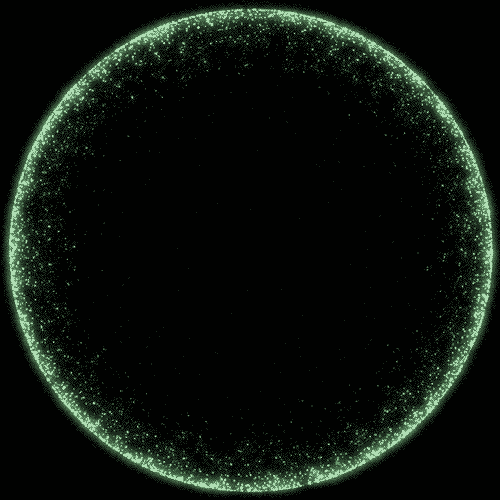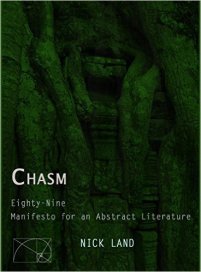In my previous post I’ve attempted to trace, clarify and briefly define certain positions and oppositions within the philosophical field today. It is my conviction that at the root of philosophical enquiry lies a series of dialectical relationships between affirmation and negation, transcendence and immanence, reality in-itself and reality for-us, finitude and infinity, being and non-being.
In this post I will take it upon myself to further elaborate on these oppositions in the way of establishing my own position surrounding the void that splits as it unites transcendental empiricism and transcendental materialism.
Now, we know that according to Plato time doesn’t really exist and that it is merely a representation of the Real, an image of eternity beyond life as we live it. Needless to say temporality is the transcendental condition of human finitude, it is the truth of mortality that produces human subjects as beings in time. The change…
View original post 1,324 more words

